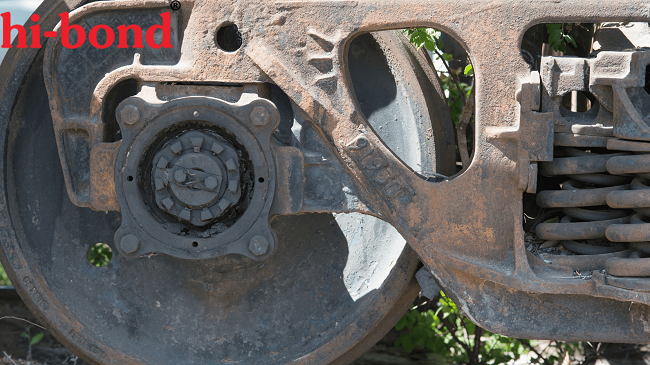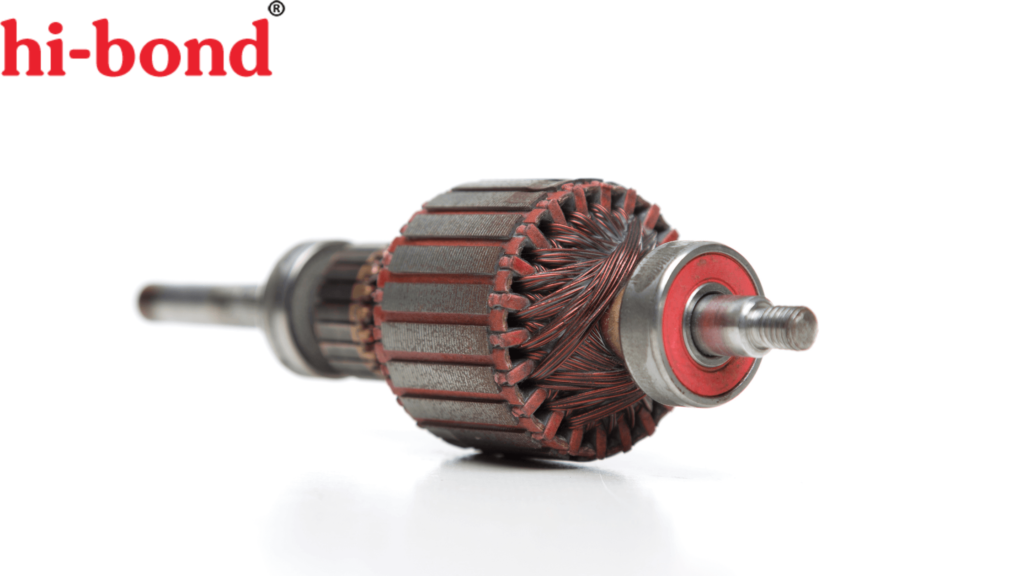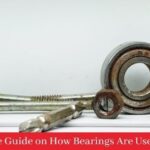Bearings are one of the critical pieces of any equipment we can imagine. We can find bearings in all mechanical operations and even a single slip or problem in the bearing and bushes can lead to inadvertent issues.
Bearings can be used in various conditions: low or high temperatures, corrosive environments and every other possible scenario. But as much as we understand that the bearing is vital to the entire operation, we need to stay on top of the causes that could change a bearing’s behaviour — and eventually lead to wrecking the process.
This blog will take you through the various environments that impact bearings and what we can do about it.
3 Cases Where the Bearings Can Be Damaged & How to Protect Them
Not all bearings can be used in all environments. There are some situations where the standard bearings we procure may not be suitable for our application. In such cases, we need to understand the right bearing to use, the suitable coating or the seal to ensure that the life of the bearing isn’t compromised.
-
1. Bearing in a Corrosive Environment
When we use bearings in a corrosive environment, say a paint manufacturing plant, they are highly likely to get exposed to the chemicals. This can erode the bearing and can reduce its lifetime.

Not just in the paint manufacturing industry, but there are several other manufacturing plants that handle corrosive materials like chemicals that can cause issues with the bearings. Once the bearing gets corroded, it can hamper the smooth functioning of the plant and may need a quick replacement.
Solution
Several anticorrosion coatings can be made over the bearings used in such environments to prevent corrosion. But it’s essential to choose the suitable anticorrosion coating that works the best based on the chemicals that the bearings can come in contact with. There are anticorrosion coatings like cadmium, nickel, galvanized zinc and a lot more. It’s best to consult with an expert dealing with bearings about the right kind of coating suited for the bearing used in that particular location.
Alternatively, you can use external seals to protect bearings. While seals are usually used to prevent leakage, external seals like Teflon can help with lubrication, leakage, and protection from most chemicals to avoid corrosion.
If you’re using the bearings in a closed and housed system, like a flanged sleeve bearing, you don’t need to worry about the corrosivity as the bearing wouldn’t come in contact with the materials in operation.
-
2. Bearings in a High-Temperature Environment
The usual bearings cannot tolerate temperatures over 200-degree Celsius and some, not even this range. And when you use such bearings in a high-temperature environment, like near a boiler or a furnace, they slowly disintegrate. For example, you cannot use a white metal bearing near furnaces where the temperature is more than 130-degrees.

Fortunately, there’s a solution around it.
Solution
In applications where bearings are needed near industrial blowers, boilers or any other high-temperature atmosphere, you can use custom-made bearings.
These customized bearings are usually designed based on exactly where the bearing is used and the atmosphere it needs to withstand. You can also add some heat-stabilizing materials to the bearings. But this has chances of affecting the load-carrying capacity of the bearing.
It’s best to discuss these details with one of your reliable bearing manufacturers to decide the best custom bearing for your application.
-
3. Bearings in a Vacuum Environment
Dealing with bearings in a vacuum space is an entirely different challenge. While you don’t actually need to worry about the bearings per se, you need to give more attention to the lubricant.
Since the vacuum environment is entirely sucked out of air and moisture, it can hinder the bearings from rotating smoothly, for which you need proper and regular lubrication.
Solution
Like any other bearing’s maintenance, those in the vacuum should also be lubricated properly. You can use the usual lubrication for these bearings, like oil and grease, unless it’s a custom-made bearing. If that’s the case, you need to get the lubrication details from the manufacturer. You should maintain a regular lubricating schedule, something that’s much more frequent than your other bearings’ lubrication.
If the bearing is in a high-temperature, vacuum environment, choosing the right material is the key. You may need to look for customized ones for such situations, like the gold-plated bearings. It can withstand the temperature and also lubricate to an extent.
Conclusion
The primary objective of understanding the environment of the bearings is to make sure that there isn’t any dip in their performance. When you’re clear about its usage and its exposure, you can consult with one of the best bearing manufacturers to get the best-suited bearing for your environment.
Hi-Bond is one of the top bearing manufacturers in the country offering custom bearings with extensive support right from tri-metal bearing to flange bearing housing. Reach out to us now to know how we can help you pick the right bearing.



